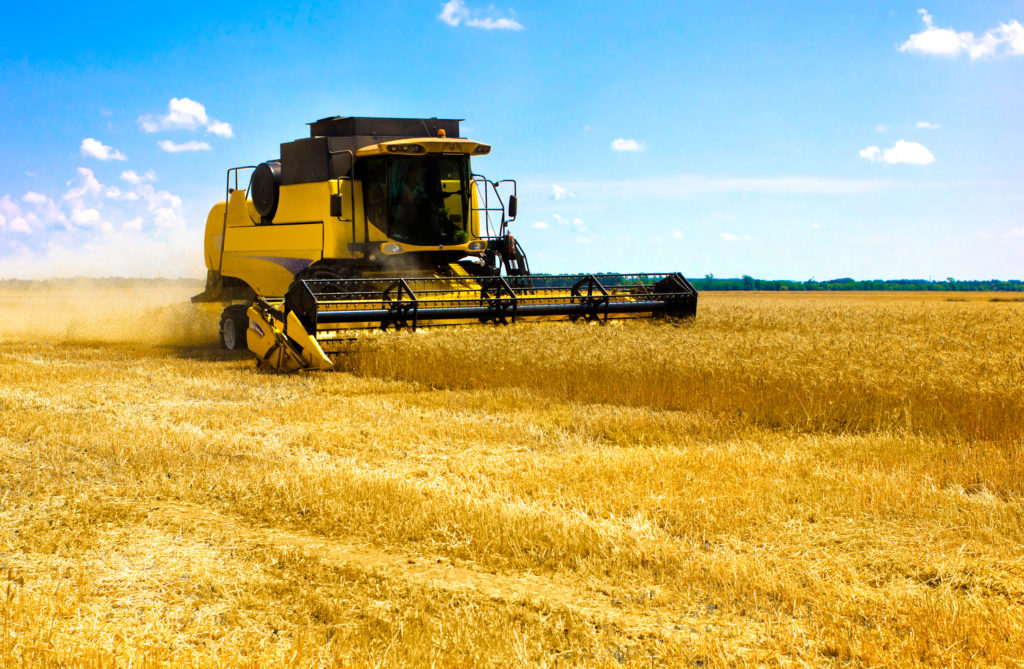Brazil’s FIAGRO promotes agribusiness: key points about this new form of investment


With favorable climate conditions, extensive arable land, and advanced methods of cultivation, Brazil is one of largest food producers in the world.
According to data from the Center for Advanced Studies in Applied Economics (CEPEA),[1] in 2021 Brazil’s agribusiness sector accounted for 27.4 percent of the country’s GDP – the highest rate since 2004.
Now, to reduce agricultural dependency on public subsidies and forge closer ties between the financial and capital markets and the agribusiness sector, Brazil has created an alternative form of investment via Federal Law n° 14,130/2021: Investment Funds in Agro-industrial Production Chains, popularly nicknamed FIAGRO.
What is FIAGRO?
As the Brazilian government notes, “FIAGRO is built on the model of popular real estate investment funds.” It will allow investors “to have agro bonds in their portfolio, similar to what happens today in real estate funds, opening the possibility for small, medium and large investors to operate in the sector, democratizing investment.”
FIAGROs subsidize interest rates for agriculture production by encouraging private investors, insurers, lenders, fintechs and others to structure loans, collateral, investments and tax plans in Brazil’s agricultural sector.
Why FIAGRO?
By creating the FIAGRO structure, the Brazilian government is aiming to move financing of agricultural production from public subsidies into private hands. The goal is to encourage broad investment in agriculture. FIAGRO was created to:
By Renato Lopes da Rocha via DLA Piper